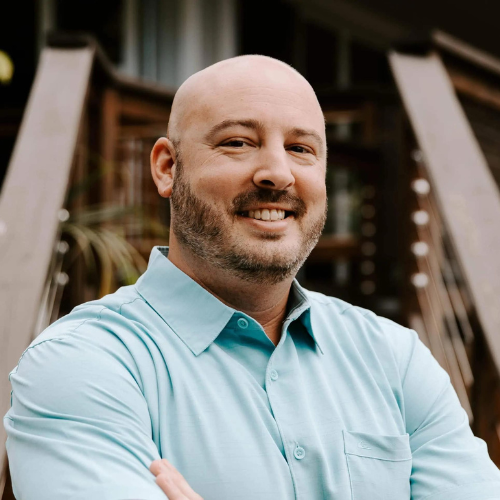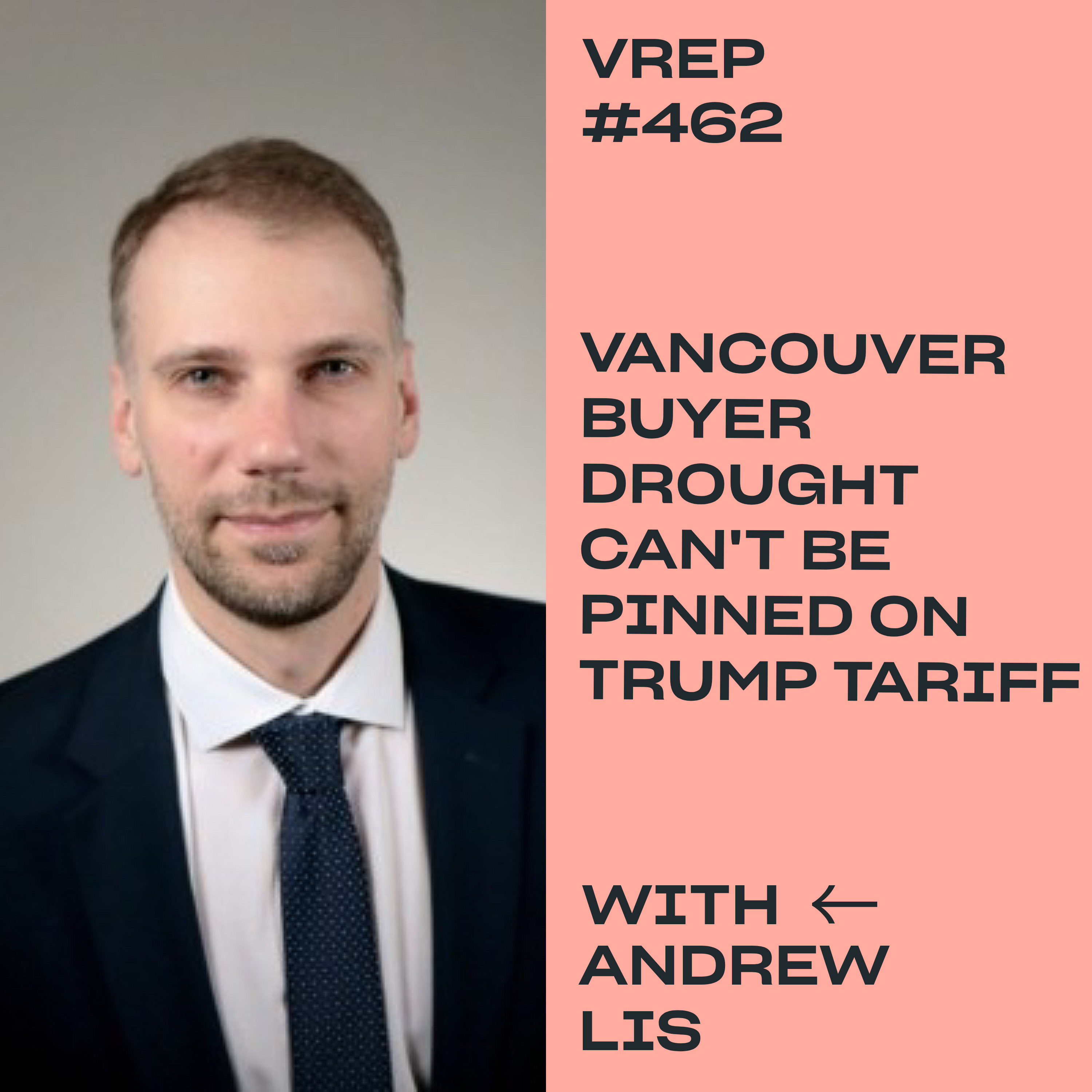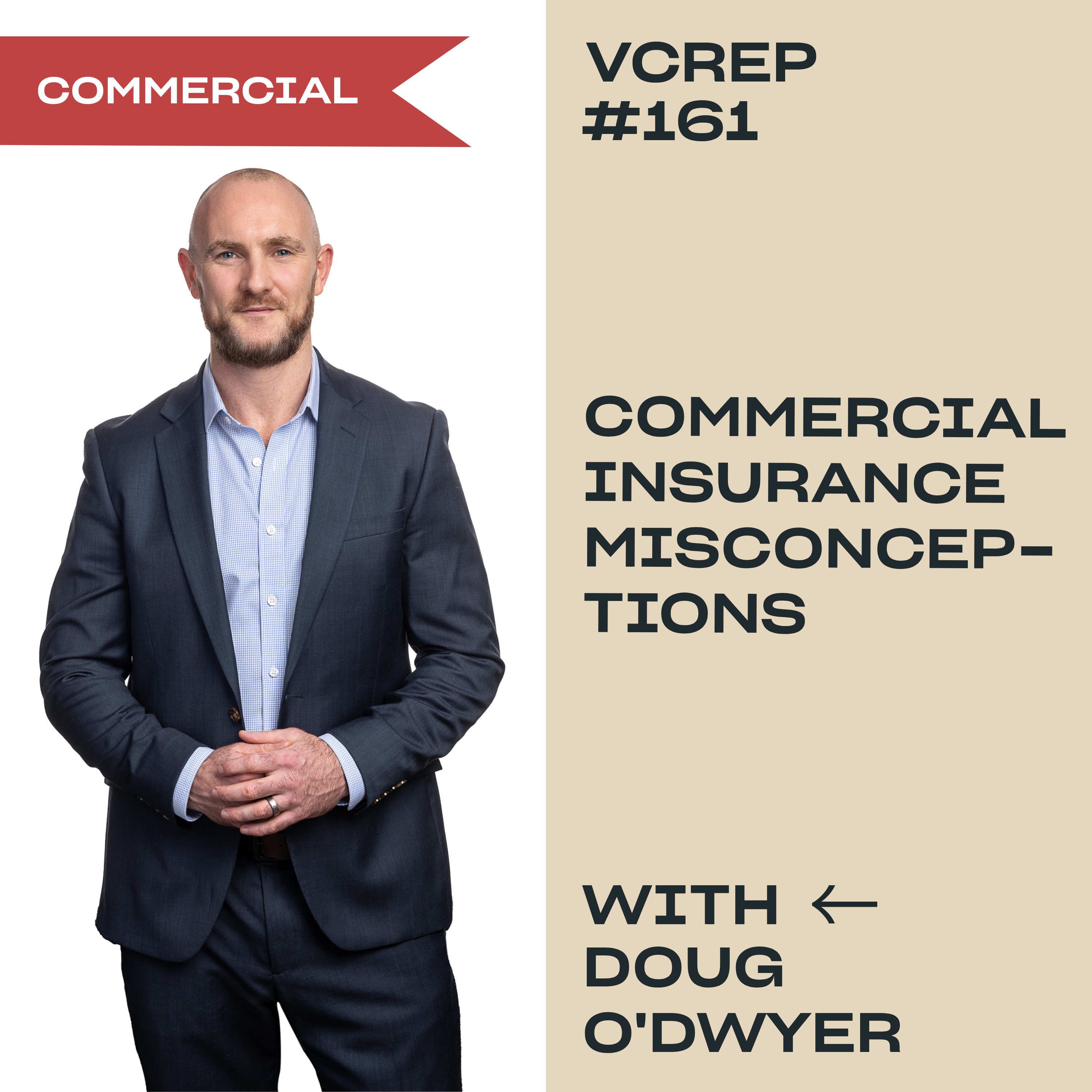Episode 251 – November 26 2020
Listen On: Apple Podcasts | Spotify | Google Podcasts | YouTube
Want to build wealth through real estate investing? Look no further than today’s episode with legendary real estate mogul, David Greene. As Co-Host of the BiggerPockets Real Estate Podcast, Best-Selling Author, and Top-Producing Real Estate and Loan Broker, David breaks down his strategies, systems, mindset, and no-nonsense approach for achieving true wealth through real estate investing. What makes a good market? How do you create replicable action plans? And what’s getting in your way? This is the blueprint!
Listen to Episode
Guest Information

David Greene
David Greene is a former police officer and a real estate investor with more than ten years of experience. He has bought, rehabbed and managed more than 50 single-family rental properties, and owns multifamily apartment complexes, short term rentals, mortgage notes, and triple net properties. David runs a top-producing real estate agent team under Keller Williams and owns the One Brokerage, an award-winning mortgage company servicing the United States. A nationally-recognized authority on real estate, he is the host of the BiggerPockets Podcast and the author of four bestselling books.
Episode Summary
Who is David Greene?
I’m a real estate broker and loan broker in California and a former police officer. I bought rental properties and that is how I learned real estate. I wanted a back up plan to my career in law enforcement so I started saving money and investing that into real estate. I learned how to rehab and find areas where my money would go the furthest. I then got my licence to start selling places and then became a broker. I began flipping houses and then got involved with Bigger Pockets and started co-hosting their podcast.
I also run a private mastermind teaching members how to build wealth and I’ve written a few best-selling books on real estate. Real estate has been very good to me so I like to share with others how they can do it and have a similar experience.
Why invest in real estate?
I actually backed up into it. I had no idea I would be a real estate investor. A friend bought a house but had to leave town so I bought it. I didn’t have a plan. Then a year later, another house came up so I bought that.
I think the reason why many police officers get into real estate investing is because there’s a shared decisiveness; you need to make a big decision in a split second. You can’t spend days considering a decision because people die when you do that in law enforcement. All the things that scare people about real estate investing aren’t as scary to us because we’ve been doing them throughout our career.
Where did you first invest in real estate?
They were about an hour east of the Bay Area. I bought my first house in 2009. There were a ton of foreclosures and I had a stable job in law enforcement then. I didn’t start investing out of state until 2013/2014 when the market started to recover. That was my first exposure to how fast the market could change. It was spring of 2013 and everything started selling way over asking. In a few months, it was too late to buy rental properties. So I needed to go somewhere else.
Why do you like real estate investing?
A lot of people don’t take action because the deal isn’t perfect. I ask myself is it better to buy or not to buy. I ask myself if it’s going to cash flow; not whether it’ll cash flow 300 or 200. I look for base hits instead of homeruns.
I tell people real estate is a “get rich slow” game. It’s like planting a tree. No one is excited about planting a tree. But no one is mad 20 years later when they’re eating fruit from that tree.
What is the best strategy for real estate investing? What is your advice for people who want to start investing in real estate?
If you’re in a job right now and listening to this podcast, you probably don’t love your job. If you’re not happy in life, you start treating yourself to things that won’t help you accomplish your goals but will make you feel better in the moment. And that burns your chance of ever getting out of your job.
You actually have to work harder to save money, in order to leave your job. Playing defence is huge. If you live beneath your means, you can make these moves and take risks without it actually being risky. You have to tighten your belt more.
Your book “Long Distance Real Estate Investing” is appealing to people in Vancouver who are looking for cashflow. How do you acquire multiple properties outside of where you live?
Once I had a few houses under my belt, I started renting them out. I found an agent, I found a property manager, I found a lender and I found a contractor. It was the same pattern every time. I wouldn’t need to know all of the answers; I just needed one of those four people to know the answers. My book tells people they need to have their core four in place.
It’s hard to get cash flow in an expensive market because rent doesn’t keep pace with the market. As an investor, we’re reliant on the tenant who is paying our bills. So you need an area with strong tenant demand, a solid employment base, and where houses meet the 1% rule (i.e. a $200,000 house generates $2000 in rent). Once you identify this market, you find your core four. Then it’s about analyzing the deals and getting information from your core four.
Keep your finger on the pulse of Vancouver’s real estate market with our Live Wire email newsletter.
How do you build a good real estate investing team?
The first person I look for is the agent. Their business is built on the back of closing deals and everyone else gets their business from the agent. Lenders and contractors go to agents. Agents will know all of the relevant players. So if I find a top producing agent who runs a solid business, they’ll likely know who else is best for me to work with. They will have those connections and help me build the rest of the team.
How do you monitor real estate markets? How do you analyze a real estate market?
If I’m looking to flip, that will look different than if I’m looking to buy and hold. If I want to flip, I want a low day on market number, meaning a lot of demand, and high price points. If I’m looking for rental properties, the important thing is that 1% rule.
Is the BRRRR or buy and hold long term strategy better for real estate investing?
It’s hard to come up with enough capital if you want to scale if you are buying and holding. So I started to look for properties that met that 1% rule, like in Florida and the Carolinas. And I wanted to find properties that would be worth $120,000 when I was done. I wanted to pay $60,000, rehab for $90,000, get a value of $120,000, and then refinance and get 100% of my capital back while still having equity in the property. Refinancing was a lot faster than saving up my money to buy the next one.
How do you choose a real estate market to invest in? How do you understand a real estate market cycle?
Part of why people have a hard time starting is because they get stuck in this research phase. I stopped trying to find the perfect market. Instead I looked for a solid market and the best deals I could find there. When the market got too crowded, I would go somewhere else.
So I look for that 1% rule and positive population growth. I then ask about what kind of jobs people have there. I want to hear that they work in solid growing jobs, like healthcare and tech, where wages are increasing. That means those jobs can support higher rent in the future.
Don’t try to outsmart the market – it’s just like the stock market that way. You do want to avoid buying in a bad market. For example, a market with one type of employment, like coal mining, means one small shift in macro-economics could ruin your employment base.
How do you time a real estate market?
People who worry about timing the market either lose money or don’t make money. I don’t think it’s wise to try and time the market. If you can buy a property that cash flows well, that gives you a better return than elsewhere, and you have a reasonable expectation that rents will continue to rise, you’ll look smart in 15 years.
It’s hard to time the market because prices don’t always follow the economic turns. Government stimulus programs subvert what would be recessions. So if you try to time the market, you might find it doesn’t go down which makes inaction more expensive.
What stops people from moving forward is fear of what will happen in the markets weeks after they buy. So people are scared they’ll overpay or that they’ll lose value in the property. But when you’re in real estate investing, you learn that losing value isn’t that bad. Your mortgage payment won’t change and your rent won’t change – you only lost money if you sold the house. The rent you have coming in stops you from falling if the market goes down.
I don’t think I’m smart enough to know what people and politicians are going to do, so I don’t time the market. I know that rent will sustain me in the bad times, so I don’t have to time the market.
I will say, you should be more aggressive when you’re in a market where no one wants to buy. But that isn’t the only time you should buy.
Sign up for insider real estate news & tips from our podcasting team.
How do you educate yourself on real estate investing?
When you’re just starting, you should absolutely read and learn. But there’s a point where when you keep reading more, you’ll net diminishing returns. You won’t get the same thing out of it as you did when you were just starting. I tend to learn more by doing and teaching. My clients come to me with tons of questions, which forces me to learn more about the market. Hosting a podcast allows me to talk to other people, learn about what strategies and what mindsets work, and have answers for our listeners.
What is one thing you need to know about real estate investing?
A lot of people are waiting for the next crash and think they’ll see it based on house prices dropping. If the government doesn’t let prices correct, and the investor is waiting for those prices to drop, they will lose money. The cash that they’re sitting on is worth less because of inflation.
Real estate investing isn’t just picking a market or a house; it’s comparing real estate to all other investing vehicles. Real estate is going to outperform most other investing channels and that rent cheque is going to make your investment safer.
What is bad advice you hear about real estate investing?
Some bad advice would be only looking at whether the property is going up in value. From 2002-2006 during our huge run up, people who knew nothing about real estate were buying houses. They had no idea about cash flow. They just knew if they bought now and it was worth more later, they were winning. But that was based on bad loans and the market had to reset.
If you buy a house in an expensive market and you lose $1000/month to own it, and it doesn’t appreciate fast enough, you may find yourself running out of money before the house appreciates. I’d rather see people buy properties that make them money every month. It might not appreciate as fast as you want but you won’t lose capital.
Another piece of bad advice is that you have to do everything yourself. You don’t. There are so many professionals within real estate that are designed to help you. Build your skillset around finding that team rather than learning every element of real estate investing.
You’re not saving money. You can learn to do all of those things yourself but is that the best use of your time? You’re better off finding good professionals and learning from them, rather than trying to do it all yourself.
What is one piece of advice you’d give your 18 year old self?
Back then, I was more worried about what I earned than what I learned. I stayed in this little bubble. I should’ve been taking every job I could get, exposing myself to new things and learning from smart people. I had an opportunity when I was 20 to work with the top real estate agent in town. I said yes but soon hit a point where I couldn’t keep up with that job, college and my restaurant job. So I let the real estate job go. But that guy retired at 40 years old and if I had stayed with him, his entire business could have been mine. I’m grateful for where I am, but I could’ve been much further along.
My advice for young people: Make enough money to be responsible but don’t worry about what you’re making. What you’re learning will turn into bigger earnings later in life.
Where is the best real estate market in the United States?
California has the highest state income tax in the entire country. That’s proposed to be raised to 17%. So a lot of people in California are going to leave and go to areas without state income tax. So we should be asking: What are the states with no state income tax? Which ones have a climate close to California? And which ones meet the 1% rule? Florida and Tennessee meet those guidelines so I think we’ll see movement there.
Keep your finger on the pulse of Vancouver’s real estate market with our Live Wire email newsletter.
Episode Host

Adam Scalena
Adam is a full-service realtor, specializing in Vancouver’s best areas. His systematic approach to real estate and dedication to his clients has consistently placed him within the top 10% of realtors operating within Greater Vancouver.

Matt Scalena
Matt is real estate obsessed and considers himself a lifelong student of the Vancouver real estate market. As a co-manager of the Scalena Real Estate team, Matt prides himself on expertly advising buyers and sellers on all aspects of the fast-paced, dynamic Vancouver real estate market. He is present at every stage of the process, from that first phone call or email right through to when keys are exchanged between sellers and buyers.







